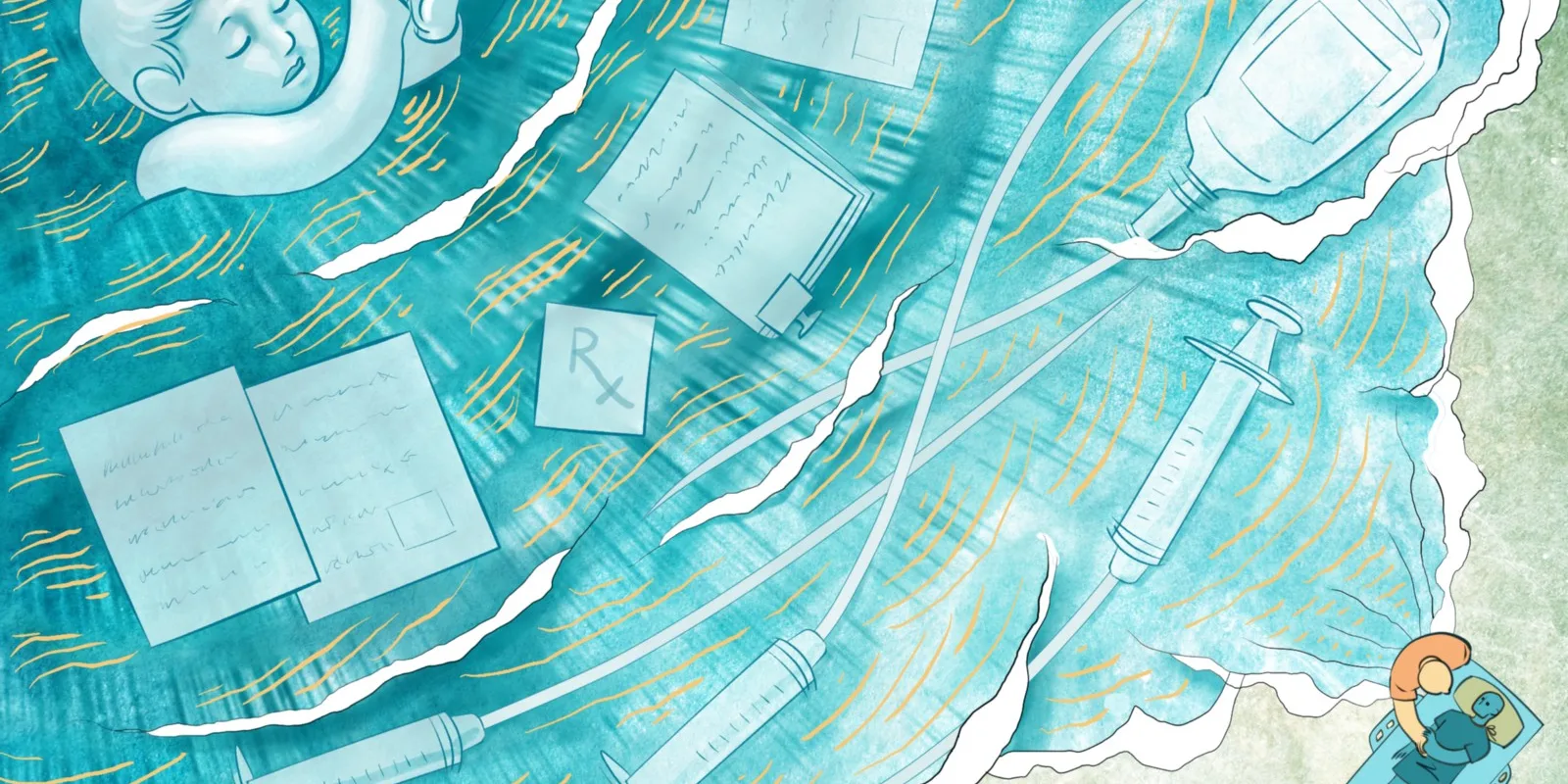
Inability to sleep is a common, often debilitating, but under-diagnosed problem for cancer survivors. Drugs can be helpful for managing insomnia short-term, but long-term use results in dependency and increase risk for falls.
With approximately 60 percent of all survivors suffering from mild to severe long-term insomnia it is important to explore non-pharmaceutical methods of treatment.
Our recent study results, presented at the 2018 American Society of Clinical Oncology (ASCO) conference, found that both acupuncture and cognitive behavioral therapy, specifically designed to treat insomnia, (CBT-I), produced significantly beneficial and durable results. People with cancer and Oncology clinicians can now use these findings to help inform their choice of insomnia treatment.
CBT-I is a newer type of psychotherapy that has become the gold standard for the treatment of insomnia.
The randomized clinical trial of acupuncture versus CBT-I included 160 post-treatment cancer survivors who had been clinically diagnosed with insomnia disorder. Study participants, who were on average about 61 years old and about six years post-treatment, were seen over an eight-week period. They received either traditional Chinese acupuncture designed to treat insomnia, with an additional focus on pain, fatigue, and psychological stress, or CBT-I. CBT-I seeks to target maladaptive thoughts and behaviors as related to sleep.
Two primary components include: sleep restriction and stimulus control. Sleep restriction limits the amount of time a person is in bed so that they have higher quality and more efficient sleep, since when they are actually in bed, they are in a deep sleep rather than tossing and turning. Stimulus control helps people stop engaging in behaviors that make sleep difficult, for example, checking phones or tablets before bedtime, or reading a book or watching TV in bed. Over time, the bed becomes a place only for sleep, not all kinds of other activities.
We found that eight weeks of acupuncture or cognitive behavioral therapy for insomnia (CBT-I) decreased the severity of insomnia in cancer survivors. While both acupuncture and CBT-I resulted in clinically meaningful and durable effects among this group, CBT-I was more effective, especially among people with mild insomnia symptoms.
Before and after the treatment period, people reported the severity of their insomnia on a 28-point index. We saw that CBT-I reduced insomnia by 11 points (from about 19 on the scale to 8) compared with acupuncture, which decreased it by approximately 8 points (from 18 to 10). As both proved successful it enable s us to give people options for managing their insomnia.
Both groups had few mild adverse events and maintained improvements up to 20 weeks. Both groups had similar improvement in quality of life, including physical health and mental health, during the study.
We are encouraged by the results of this study and hope to continue our studies to find out how best to personalize treatment to improve sleep for cancer patients and survivors.
It is important to note that although symptom management is a cornerstone of high-quality cancer care, prior research has shown that doctors miss up to half of symptoms experienced by patients during cancer treatment.
Poor sleep can have detrimental effects on quality of life and functions, as physicians, we need to ask patients how they are sleeping and working with them to select treatments to effectively address their insomnia.
This study was funded by the Patient-Centered Outcomes Research Institute.
Jun J. Mao, MD is chief of the Integrative Medicine Service at MSK







